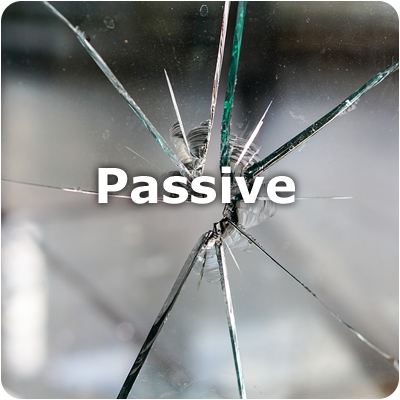Het arrangement 19.3 Punishment - tto123 is gemaakt met Wikiwijs van Kennisnet. Wikiwijs is hét onderwijsplatform waar je leermiddelen zoekt, maakt en deelt.
- Auteur
- Laatst gewijzigd
- 11-05-2025 19:00:41
- Licentie
-
Dit lesmateriaal is gepubliceerd onder de Creative Commons Naamsvermelding-GelijkDelen 4.0 Internationale licentie. Dit houdt in dat je onder de voorwaarde van naamsvermelding en publicatie onder dezelfde licentie vrij bent om:
- het werk te delen - te kopiëren, te verspreiden en door te geven via elk medium of bestandsformaat
- het werk te bewerken - te remixen, te veranderen en afgeleide werken te maken
- voor alle doeleinden, inclusief commerciële doeleinden.
Meer informatie over de CC Naamsvermelding-GelijkDelen 4.0 Internationale licentie.
Aanvullende informatie over dit lesmateriaal
Van dit lesmateriaal is de volgende aanvullende informatie beschikbaar:
- Toelichting
- Deze les valt onder de arrangeerbare leerlijn van de Stercollectie voor Engels voor tweetalig onderwijs, leerjaar 1, 2 en 3. Dit is thema 3 'Crime and justice'. Het onderwerp van deze les is: Punishment. In deze les staat gevolgen van criminaliteit (straf) centraal. Daarnaast worden ook oorzaken van criminaliteit besproken en straffen voor kindermisbruik. Ook worden vreemde straffen besproken. De onregelmatige werkwoorden in deze les zijn: to go, to grow, to hang en to have. In de grammaticaopdracht wordt de passive (lijdende vorm) behandeld.
- Leerniveau
- VWO 2; HAVO 1; VWO 1; HAVO 3; VWO 3; HAVO 2;
- Leerinhoud en doelen
- Engels;
- Eindgebruiker
- leerling/student
- Moeilijkheidsgraad
- gemiddeld
- Studiebelasting
- 1 uur 40 minuten
- Trefwoorden
- arrangeerbaar, engels, justice, oorzaken en gevolgen van criminaliteit, passive voice, punishment, stercollectie, straffen, straffen voor kindermisbruik, tto123

 The subject of this period is causes of and justice for crime.
The subject of this period is causes of and justice for crime.










 What have you learnt in this double period?
What have you learnt in this double period?
